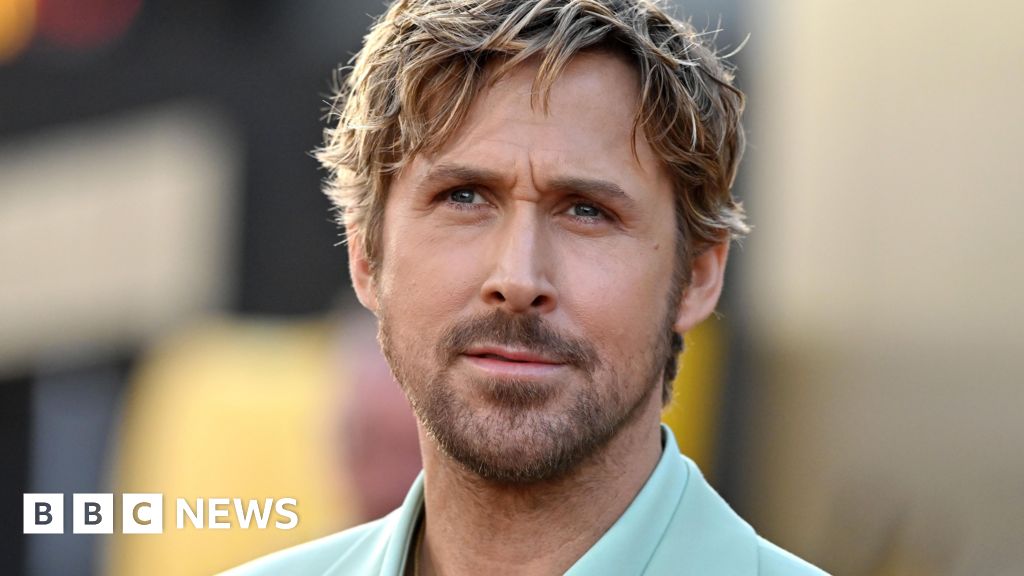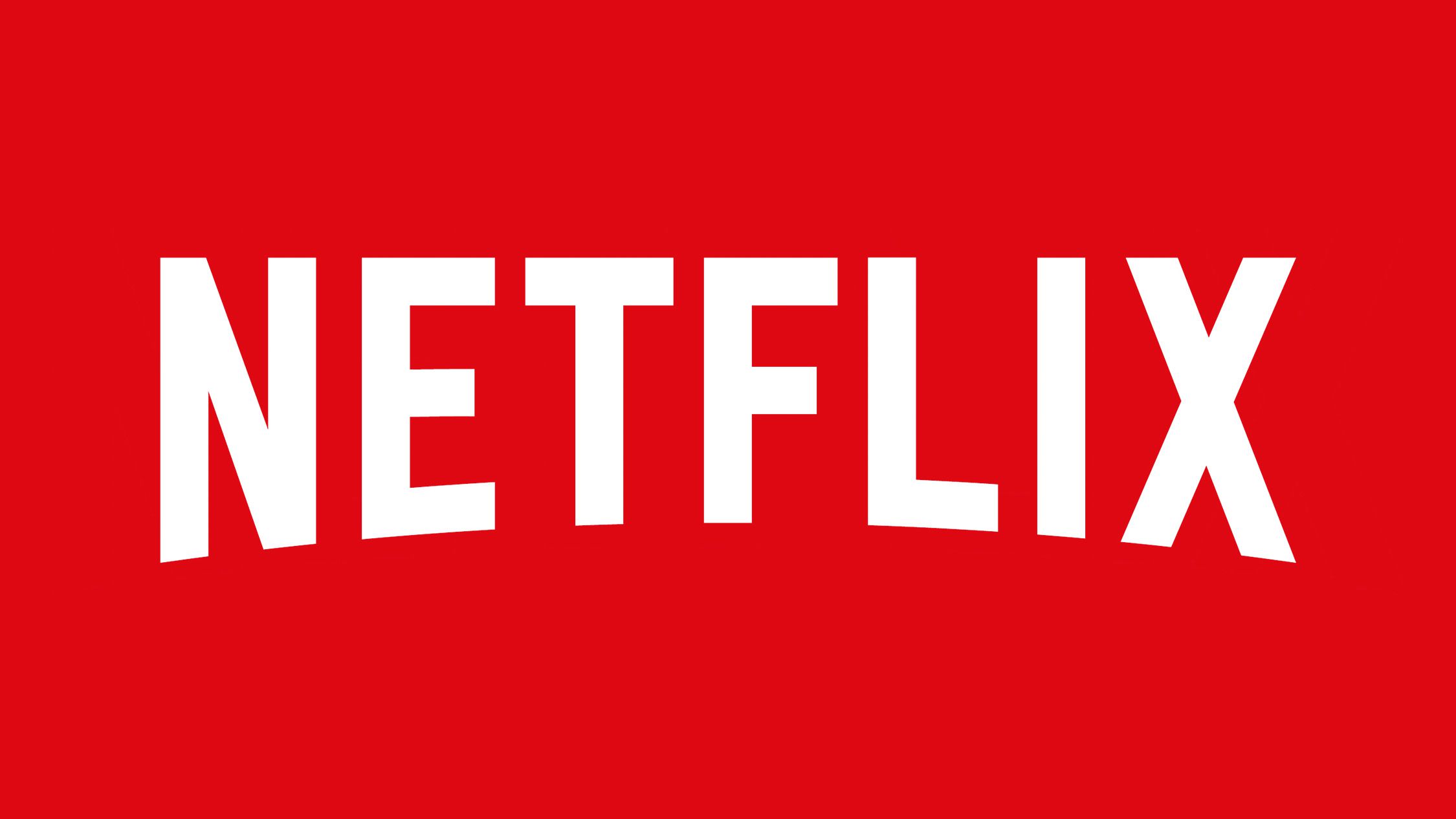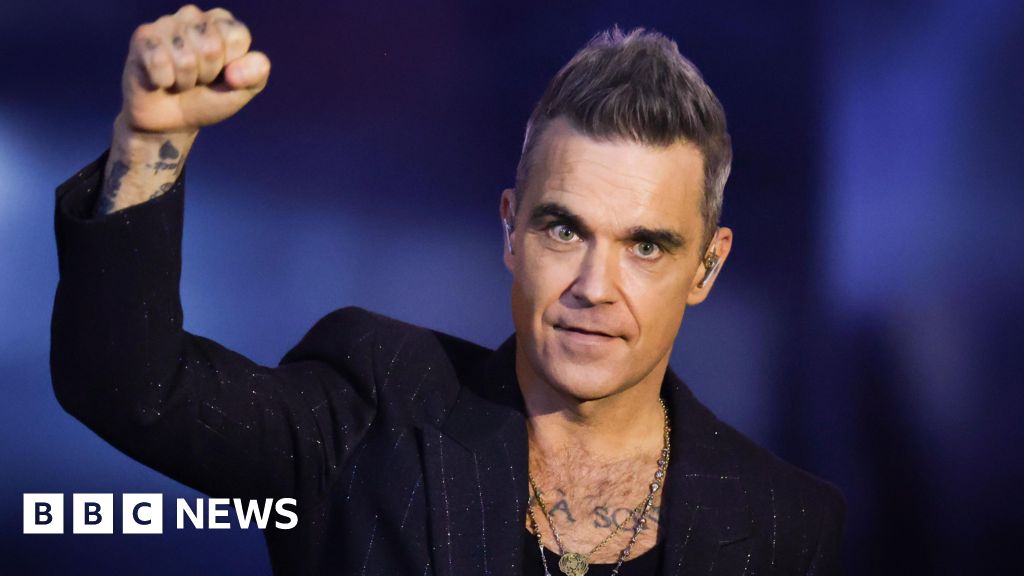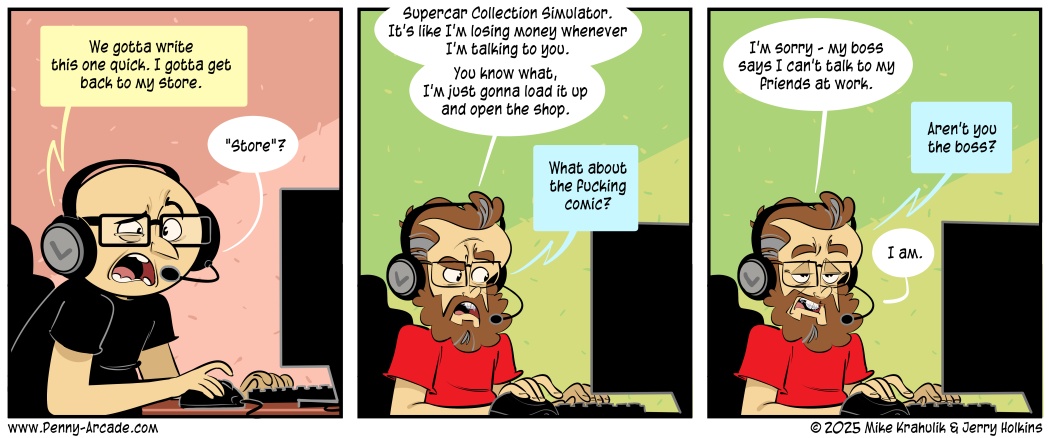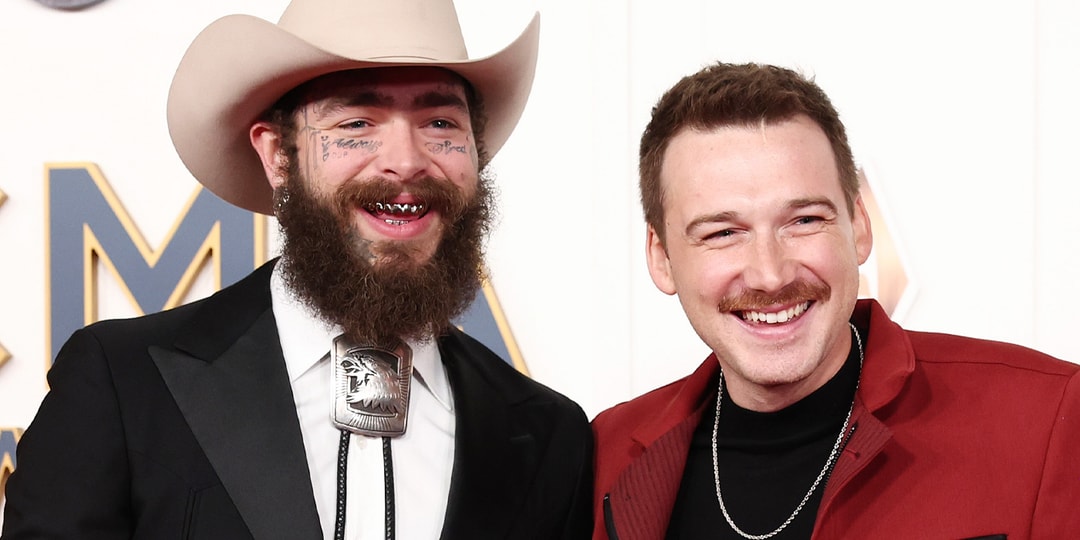The Wedding Banquet: A Joyful Reimagining of Family and Identity

Bringing children into the world and raising them is universally celebrated as one of lifes greatest joys. However, for many hopeful parents, particularly within the LGBTQ+ community, simply waiting for fate to intervene is not a viable option. For gay couples, the paths to parenthood often diverge from traditional routes. While some choose adoption, others may explore a variety of family structures that deviate from the conventional one-mommy, one-daddy model. Furthermore, same-sex couples frequently encounter fertility challenges similar to those faced by heterosexual couples. When you factor in the expectations of prospective grandparents, its a wonder how children are conceived at all.
Andrew Ahns new film, The Wedding Banquet, updates Ang Lees acclaimed 1993 comedy-drama of the same name, using these intricate dreams and the potential for disappointment as a backdrop to discuss the elements that connect us in contemporary America. This is a society where being gay is largely accepted but not universally so, and various family types are valuedunless they are not. The introduction of cultural divergence multiplies the potential for conflict. Yet, in its joyful execution, this new rendition of The Wedding Banquet reassures viewers that no meaningful endeavor comes without its challenges. It is a lighthearted, open-hearted film that, even if it lacks the nostalgic nuance of its predecessor, ultimately resonates with the idea that the people we hold dear are always worth fighting for.
The film stars Bowen Yang and Han Gi-Chan as Chris and Min, a couple in Seattle whose life seems stable until Mins wealthy grandmother, Ja-Young (played by Youn Yuh-jung of Minari fame), threatens to bring him back to Korea to manage the family business. Simultaneously, their close friends, Angela (portrayed by Kelly Marie Tran), a research scientist, and Lee (played by Lily Gladstone), an Indigenous community organizer, are also facing their own struggles with parenthood, particularly after Lee learns that her second round of IVF treatment has failed. To navigate their dilemmas, the friends devise a plan: Angela will marry Min, enabling him to secure his residency in the United States, while Min will assist Lee with the financial burden of her IVF treatments.
However, the intricately arranged scheme takes an unexpected turn when Ja-Young arrives in Seattle for an impromptu visit. Eager to orchestrate a traditional Korean wedding for her grandson and his bride, she is blissfully unaware of Min's sexual orientation. Min believes that hiding this truth from his grandmother is essential, adding layers of urgency and anxiety to the story. As the plot unfolds, viewers are treated to a comedic yet poignant exploration of familial love and the lengths to which individuals will go to protect their loved ones.
Director Andrew Ahn, known for his previous work on the 2022 romantic comedy Fire Island, along with James Schamus, who co-wrote the original film, has transformed the narrative into a breezier and more vibrant affair. In a nod to the first film, the wedding ceremony stands as the highlight: Min, adorned in traditional Korean attire, enters the banquet hall exuding a regal aura that contrasts with his youthful, quirky nature. Meanwhile, Angela, having shed her casual attire to embody a radiant bride, attempts to honor the significance of the occasion, even as a hidden secret threatens to complicate matters and strain the relationships of both couples.
The tone of this updated Wedding Banquet significantly diverges from Ang Lees original, which concluded on a bittersweet yet tender note, reflecting the reality that children may not always meet their parents' expectations. Conversely, Ahns adaptation brings its own strengths, culminating in a quietly powerful finale that reinforces a profound truth: the definition of a conventional family is fluid, encompassing only the love and commitment that bind its members together. When Ang Lees The Wedding Banquet premiered in 1993, it resonated deeply with many young individuals grappling with their identities and the often challenging process of coming out to their families. Fast forward to 2025, and the fight for LGBTQ+ rights has evolved, presenting new complexities. In this landscape, perhaps a good laugh is just what everyone needs because what occasion better embodies joy and hope for the future than a wedding?















